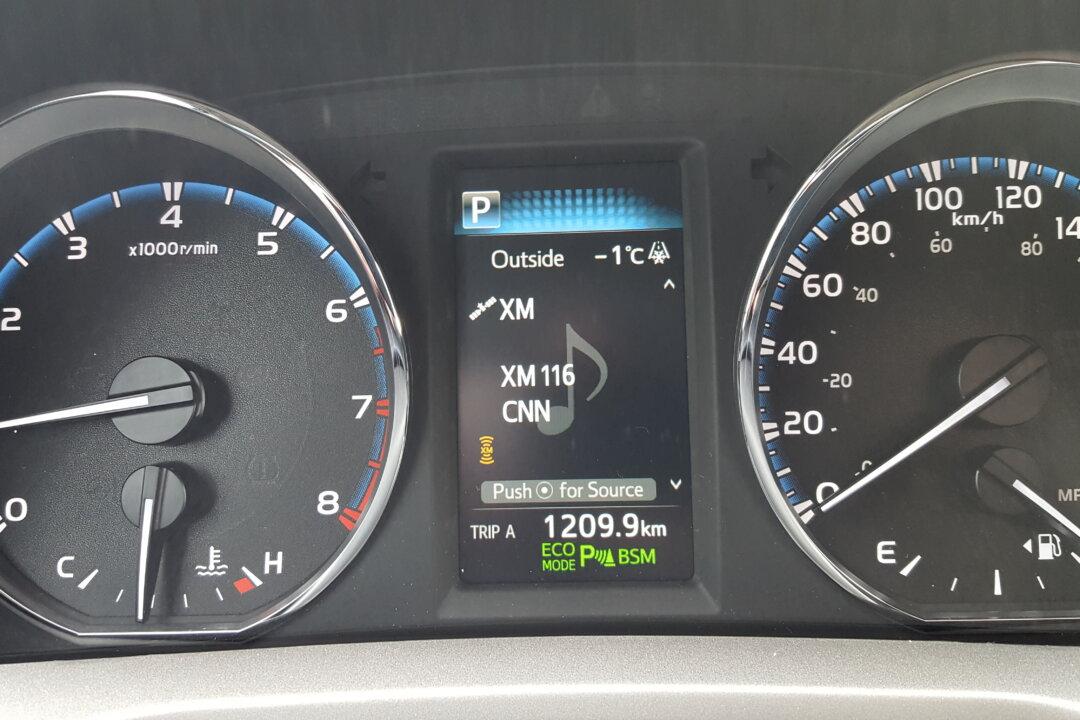Due to the recent high fuel costs, the Internal Revenue Service has raised the standard mileage deduction for the business use of a vehicle. It means you can recover more of the costs of operating your business vehicles.
In 2023, the IRS raised the standard mileage rate for businesses by $0.03. It brings it up to $0.655 per mile, which you can deduct from your 2023 tax bill.






